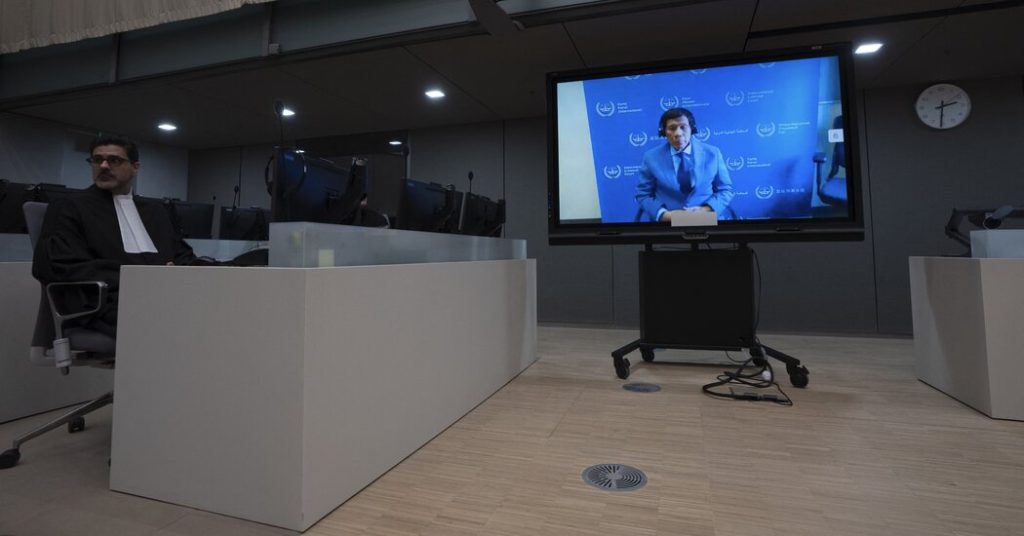Upcoming Trip to Hong Kong
The trip had been promoted for weeks: former Philippine President Rodrigo Duterte was set to attend a rally in Hong Kong during the second weekend of March. However, the journey quickly ignited speculation: was he planning to evade justice?
Concerns Over Justice
Many Filipinos believed that Mr. Duterte was attempting to escape accountability. There was a surge of rumors in the Philippines suggesting that the International Criminal Court was preparing to issue an arrest warrant for him, stemming from the investigation into the lethal antidrug campaign he led during his presidency and time as mayor of Davao. The speculation held that if he remained in Hong Kong, he could avoid arrest since China is not affiliated with the court.
ICC Issues Warrant
Shortly after Mr. Duterte, 79, arrived in Hong Kong on March 7, a sealed warrant for his arrest was issued by the I.C.C. However, he became aware of this development.
Plans in Hong Kong
During the weekend in Hong Kong, discussions ensued among Mr. Duterte’s entourage, including his partner Honeylet Avanceña and daughter Sara Duterte, the current vice president, about whether to remain in China or return home, according to statements from Philippine officials and a former lawmaker.
Legal Perspective
Mr. Duterte’s attorney, Salvador Panelo, disputed the notion that the former president was contemplating seeking asylum in China, arguing that he was indifferent to his fate at his age. Publicly, Mr. Duterte maintained his bravado, stating at the rally that he would accept any consequences from the I.C.C. His allies asserted he would return to the Philippines on Tuesday at 4:30 p.m., which turned out to be a deception.
Flight to Manila
Mr. Duterte’s team had reserved five flights for him to mislead authorities about his actual return schedule. However, he arrived in Manila around 9:30 a.m., only to be detained shortly afterward, ultimately being sent to The Hague, where he awaits trial.
Impact of the Arrest
This account of Mr. Duterte’s trip and subsequent arrest, recounted by General Torre and others, reveals a significant moment in the history of the I.C.C. For the families of thousands killed during Mr. Duterte’s drug campaign, this was a crucial move toward justice, likely influencing the presidency of Ferdinand R. Marcos Jr., who faced accusations of unfairly targeting his predecessor.



